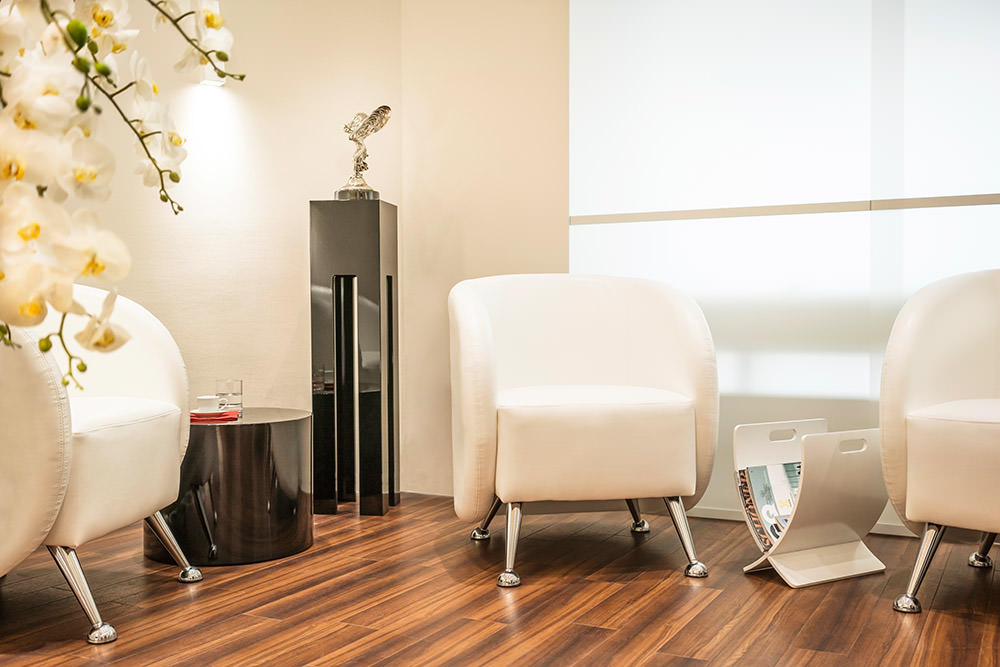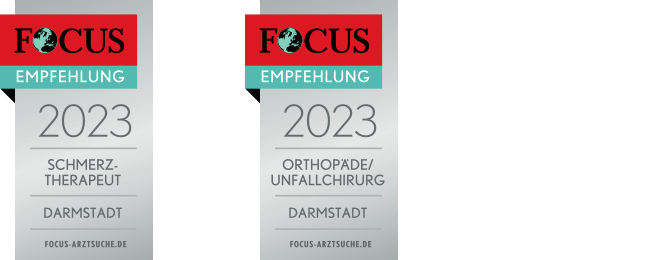About DSD
At DSD, we use one of the most technologically advanced whole-body magnetic resonance imaging (MRI) scanners available to diagnose any section of the spinal column and joints in the musculoskeletal system. The open design of the machine is perfect for offering patients precise pain management without the use of radiation.
An open MRI also ensures stress-free medical examinations for children and patients with claustrophobia. The costs of a scan are reimbursed by private insurers and trade associations in Germany, and may also be reimbursed by public health insurers on a case-by-case basis.
Welcome to our practice – where we always put your health first.
Professor Jürgen Fischer, DSD
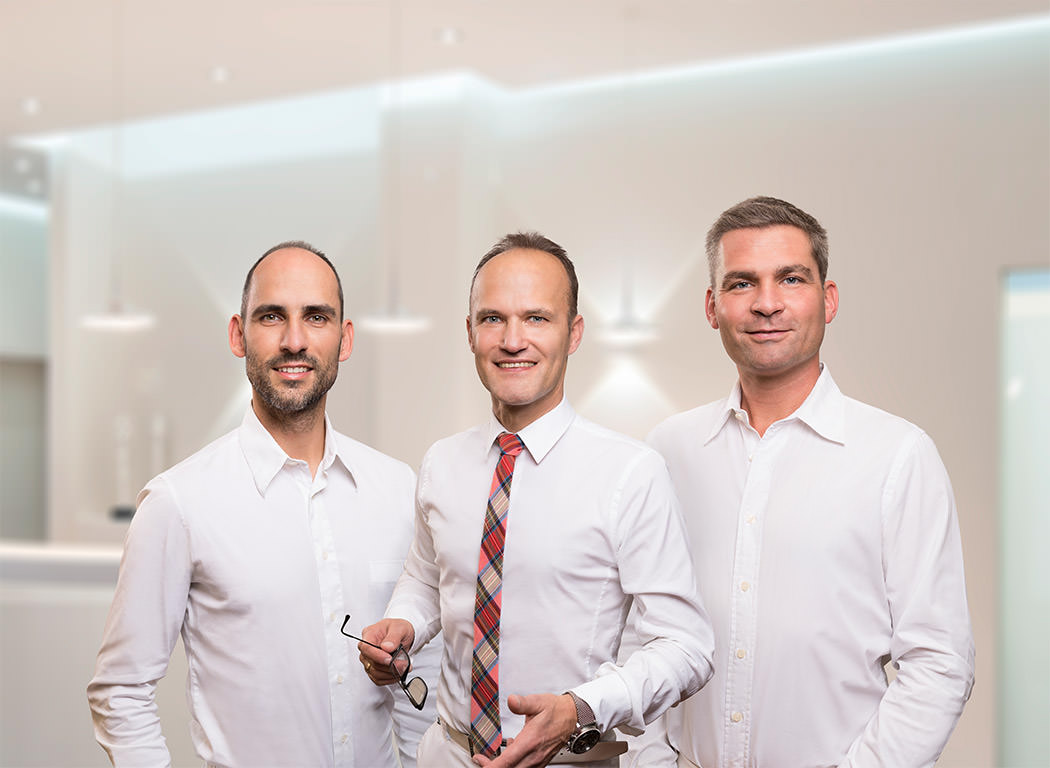
Dr Marc Dehos,
Dr Thomas Saltzer
Consultant orthopaedic and trauma surgeons
Darmstadt Orthopaedic Centre (OZD)
www.orthopaedisches-zentrum.eu
AIRIS Vento
We offer open MRI, which has the benefit of preventing claustrophobia!
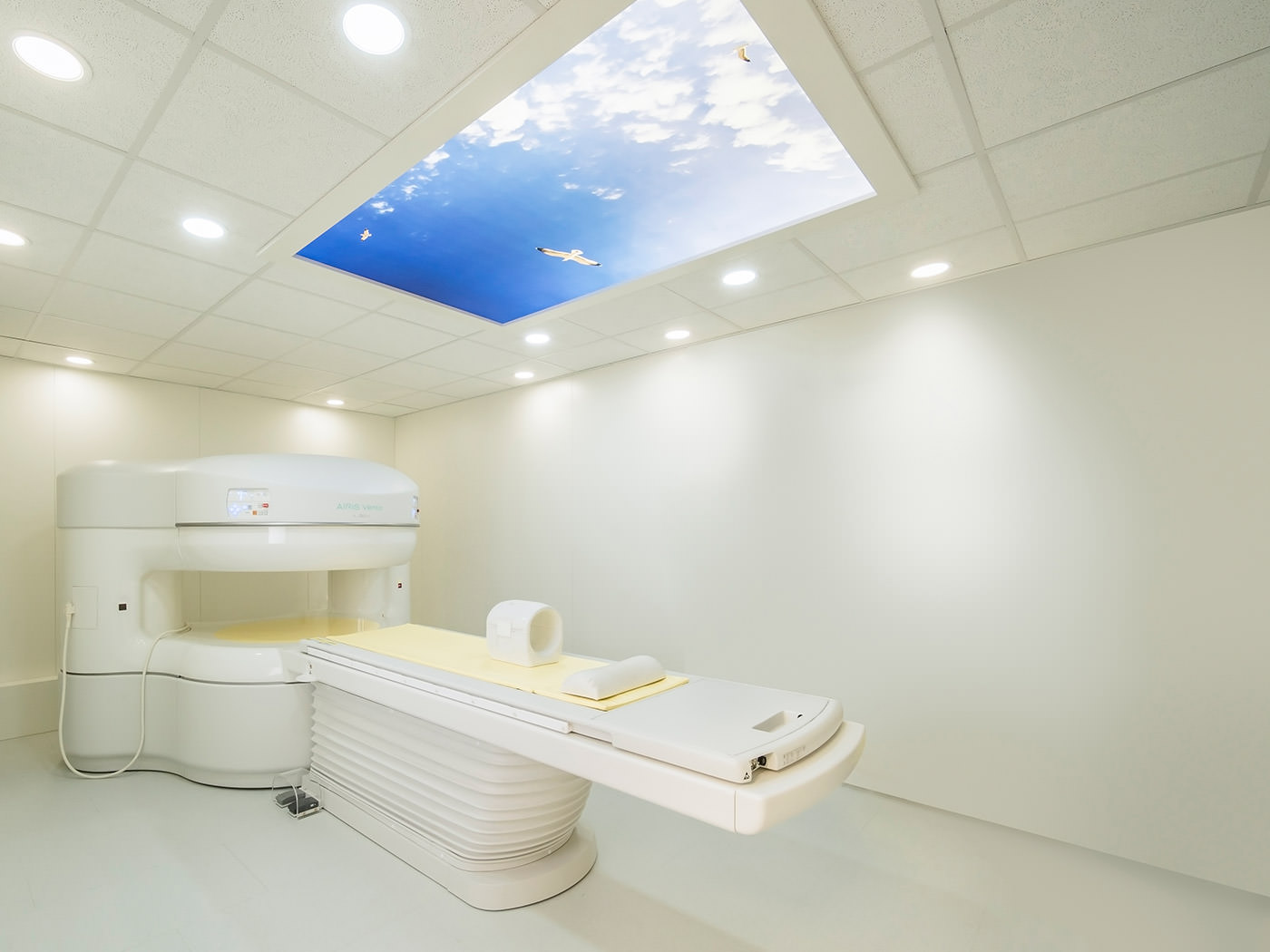
DSD medical team
Professor Jürgen Fischer
Born 26 December 1958 in Birkenau, Germany
Recommendations
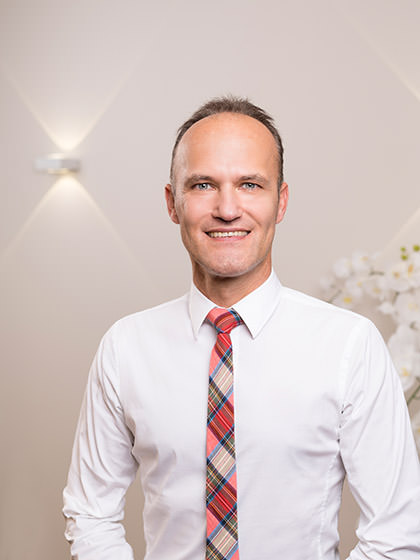
Dr Marc Dehos
Born 28 April 1972 in Darmstadt, Germany
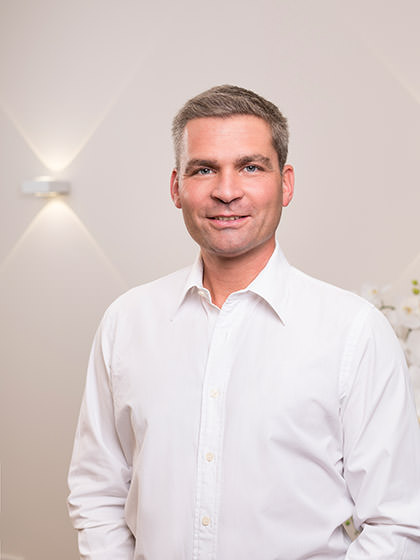
Dr Thomas Saltzer
Born 2 Juli 1974 in Lampertheim, Germany
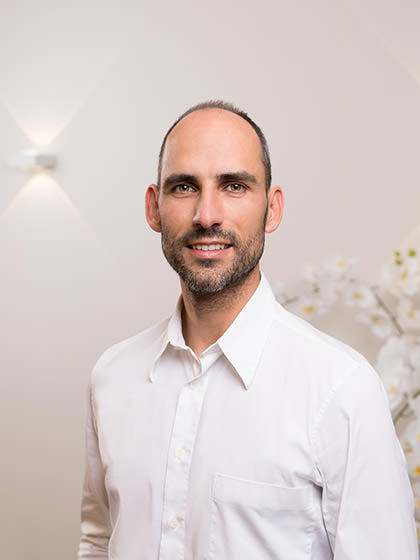
PhD Dr. med. Kai Fischer
Born 9 August 1983 in Weinheim, Germany
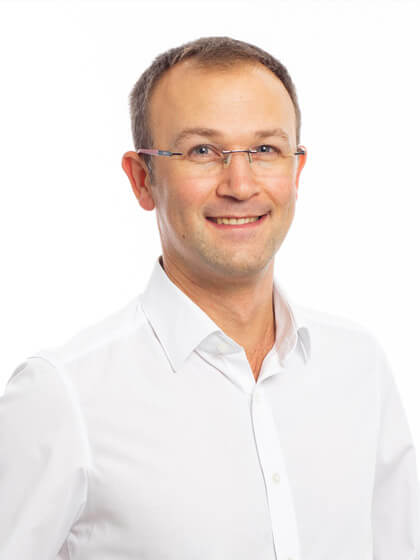
Dr. med. Jochen Bredel
Born 26 July 1969 in Heidelberg, Germany
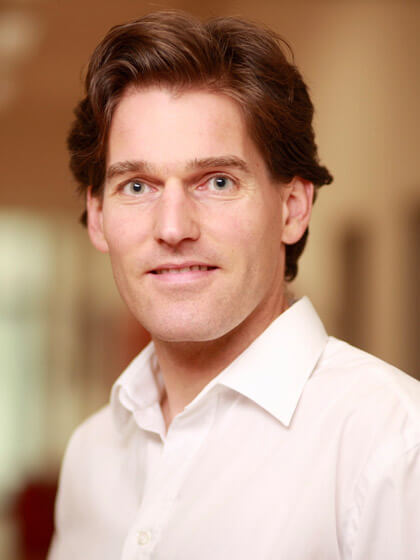
Alexandra Sachs
Born 12 August 1981 in Heidelberg, Germany
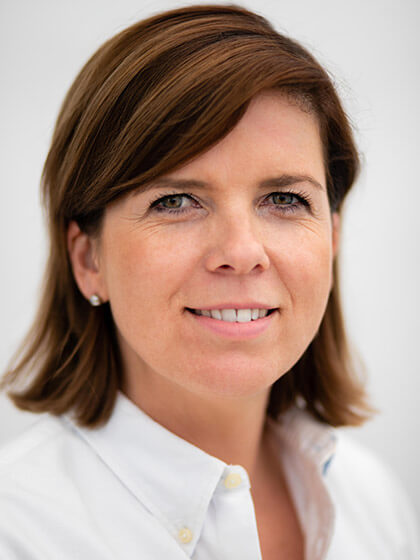
Gallery

